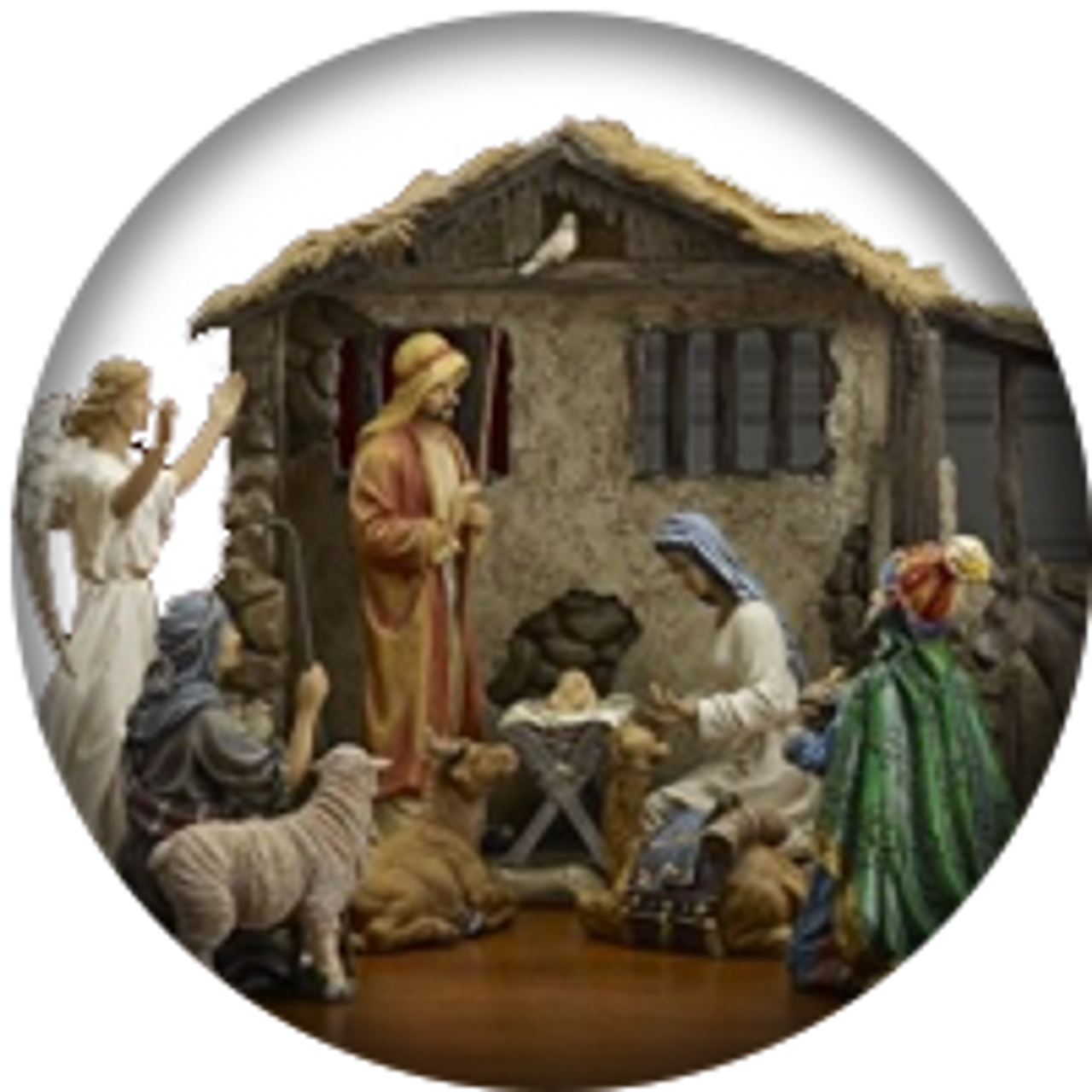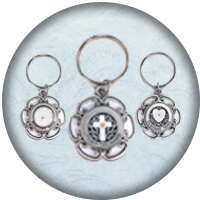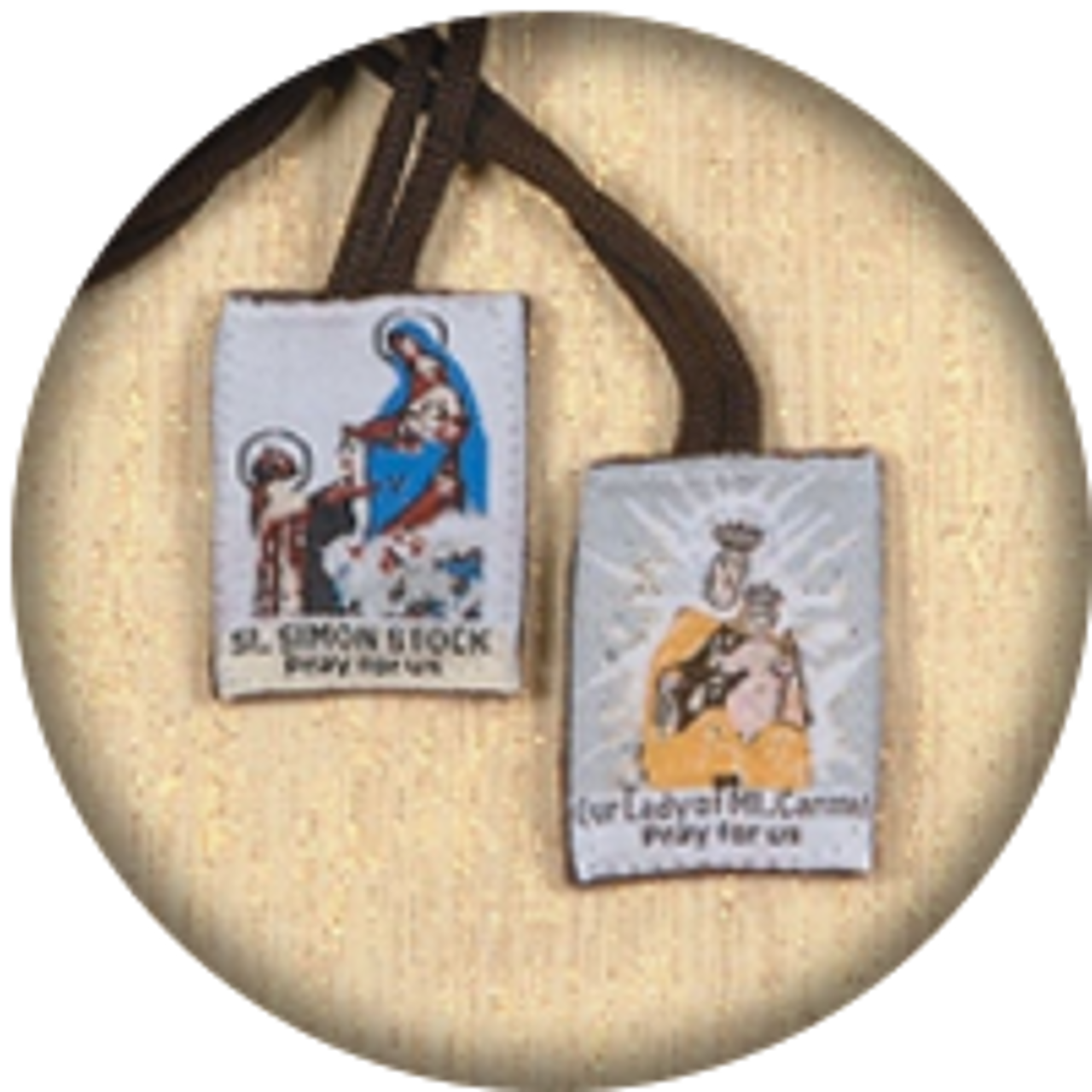EPIPHANY—FEAST OF THE THREE KINGS
Kathy Boh on 1st Jan 2015
EPIPHANY—FEAST OF THE THREE KINGS
The final celebration in the set of three “gift-giving” feast days marks the end of the Christmas holiday season—the 12th day of Christmas, or the Epiphany. The general date of this feast is January 6th, but it may be liturgically celebrated by some on the nearest Sunday. While American culture has not focused on the feast of the Three Kings—the “Epiphany”— many European and Latino countries do celebrate this occasion.
What is this “Twelfth Day of Christmas”? Americans know it from the “Twelve Days…” song. Europeans actually exchange gifts on this day—in countries around the Mediterranean Sea (especially Italy), and in Northern European countries, too. Presents are given on both Christmas and Three Kings Day… and sometimes on days in between.
The word “epiphany” means—according to the Miriam Webster dictionary—“a moment in which you suddenly see or understand something in a new or very clear way”. The feast initially celebrated all the occasions when Jesus Christ was “revealed”—to the world; to the Gentiles; to God’s people on earth; and as God Himself. There were four main events in the life of Jesus that represent this revelation of the presence and identity of Jesus Christ:His birth, the visitation of the Wise Men,His first miracle at Cana, and the baptism of Jesusby John the Baptist—with the descent of the dove and the Father’s voice from heaven saying, “This is my beloved Son, with whom I am well pleased” [Mt. 3:17]. Through centuries of church ecclesiastical and liturgical history, the “Epiphany” became simplified as representing the one occurrence: the celebration of the visit from the Wise Men to the baby Jesus. Although the other events increasingly revealed just Who Christ really is, each became marked, in the calendar year, by other days of remembrance.
So—who were the “Wise Men” and how was Christ revealed to them? In eastern tradition, the term “theophany” is also used for this feast day. “Theophany” means “vision of God”. “Magi” in ancient times were originally designated as a priestly caste. They also were “wise men”, and those who had knowledge beyond just natural, human understanding. Some studied the stars. In ancient times, it was commonly believed that the appearance of a bright or new star heralded a ruler’s birth. In this case, more recent astronomers have said that the convergence of stars and planets—as seen from a distance— can appear to be a bright, new star. That occurs very rarely, and it is quite noteworthy and brilliant. The magi followed the bright star across the desert, travelling from the east, as Matthew 2:1 tells us. Traditionally it is believed that they originated from Arabia, Africa, and from Europe… and went by the names of Caspar, Balthazar, and Melchior. Their gifts were carefully chosen and symbolic. Gold represents royalty, and suggests Jesus’ later title, “King of the Jews” and “King of kings”. Incense has long been used in offering homage and prayer to God. This gift to Jesus pointed to the fact that he was no earthly king, but the Son of God. Myrrh was a spice used in preparing a body for burial, and, therefore, foreshadowed the death of Christ—His life given “as a ransom for many” [Mt.20:28; I Ti. 2:6]. This was an insightful and exceedingly rare gift to give a newborn baby!
How can the “epiphany” impact our lives? Maybe we can become—and pray to be—more open to the “aha” moments when God reveals Himself more clearly to us… when He offers us an opportunity to see His hand in a new way… when He is speaking and we need to hear Him more clearly…
We can have the spirit of the Three Wise Men… having eyes to recognize and hearts to honor a lowly and unpretentious baby King, whose kingdom was unlike the worlds’ kingdoms. May we look and recognize—daily—what is of His kingdom… in the midst of all the other pushes and pulls from all the other “kingdoms” in which we dwell. (Some have suggested we ask ourselves the question, “To whom and to what are we bowing?”) May we more and more be a part of “his kingdom come, his will be[ing] done, on earth as it is in heaven.”










